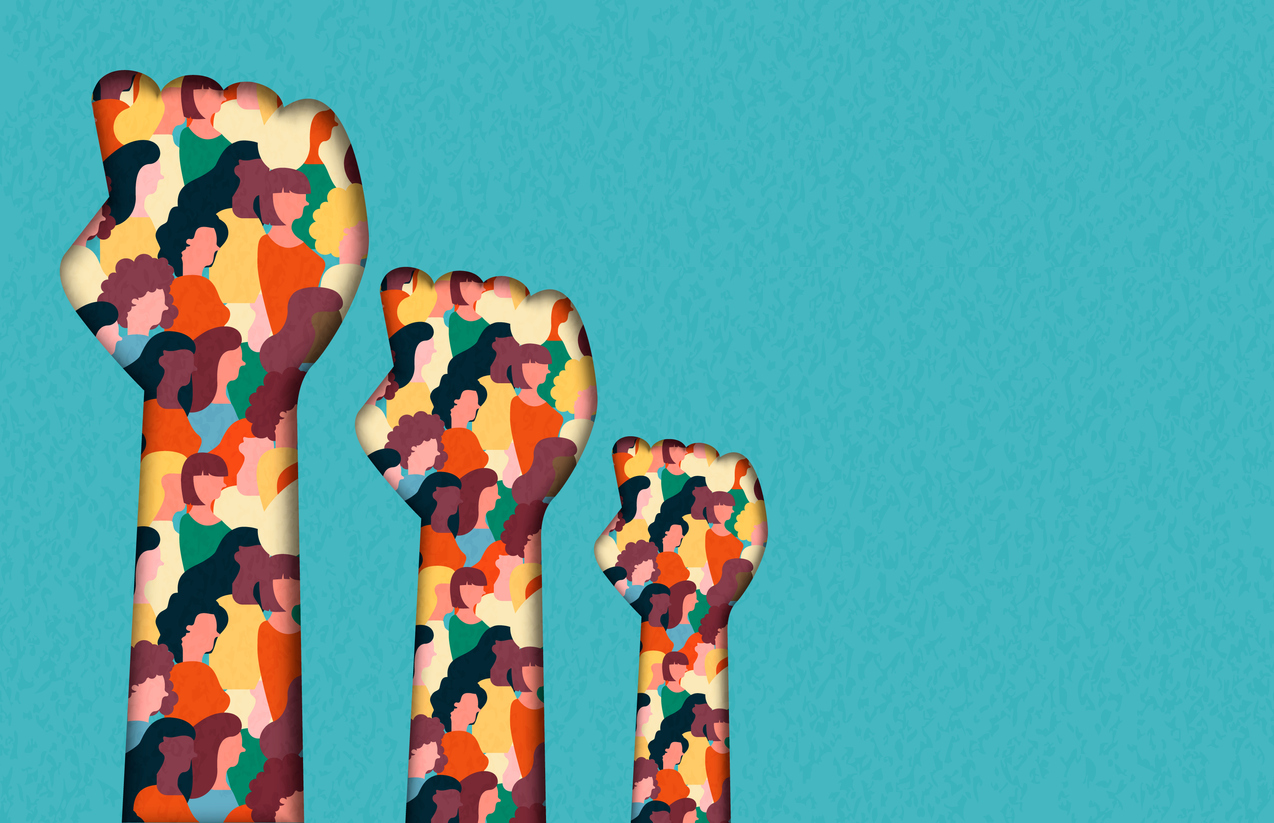1. Stereotypes: Media reinforces racial, gender, and identity stereotypes. Stereotypes shape expectations and perceptions, influencing social norms. Stereotyping racial or ethnic groups may lead to prejudice, discrimination, and marginalization.
2. Representation and Inclusivity: Media influences social norms by expressing different viewpoints, experiences, and identities. Inclusive and truthful portrayal challenges power systems and empowers underrepresented groups. It promotes empathy, understanding, and disadvantaged community empowerment.
3. Socialization and Identity Formation: Media helps children and teenagers socialize. Media influences their self-perception, identity, and social position. Positive and varied media depictions may boost self-esteem and identity development, whereas negative or limiting portrayals can cause internalized prejudices and self-doubt.
4. Media Influence on Attitudes and Behaviour: Cultivation and social learning theories influence public opinion. Long-term media exposure alters reality, according to cultivation theory. Media influences social learning theory. Thus, media portrayals of race, gender, and identity may affect how individuals see, interact, and treat others.
5. Media as a Tool for Social Change: By giving underrepresented voices a forum, stimulating discourse, and challenging cultural norms, media may challenge power systems. Media may promote diversity, inclusivity, and social movements by questioning dominant narratives and providing different viewpoints.
Critically analyzing media portrayals, questioning their assumptions, and advocating for more varied and inclusive representations are crucial. Doing so may cultivate inquisitiveness, question power systems, and create a culture that values and respects race, gender, and identity.
Here is a link to a report by CNN, in which they show "What media teach kids about gender can have lasting effects"

Social Plugin